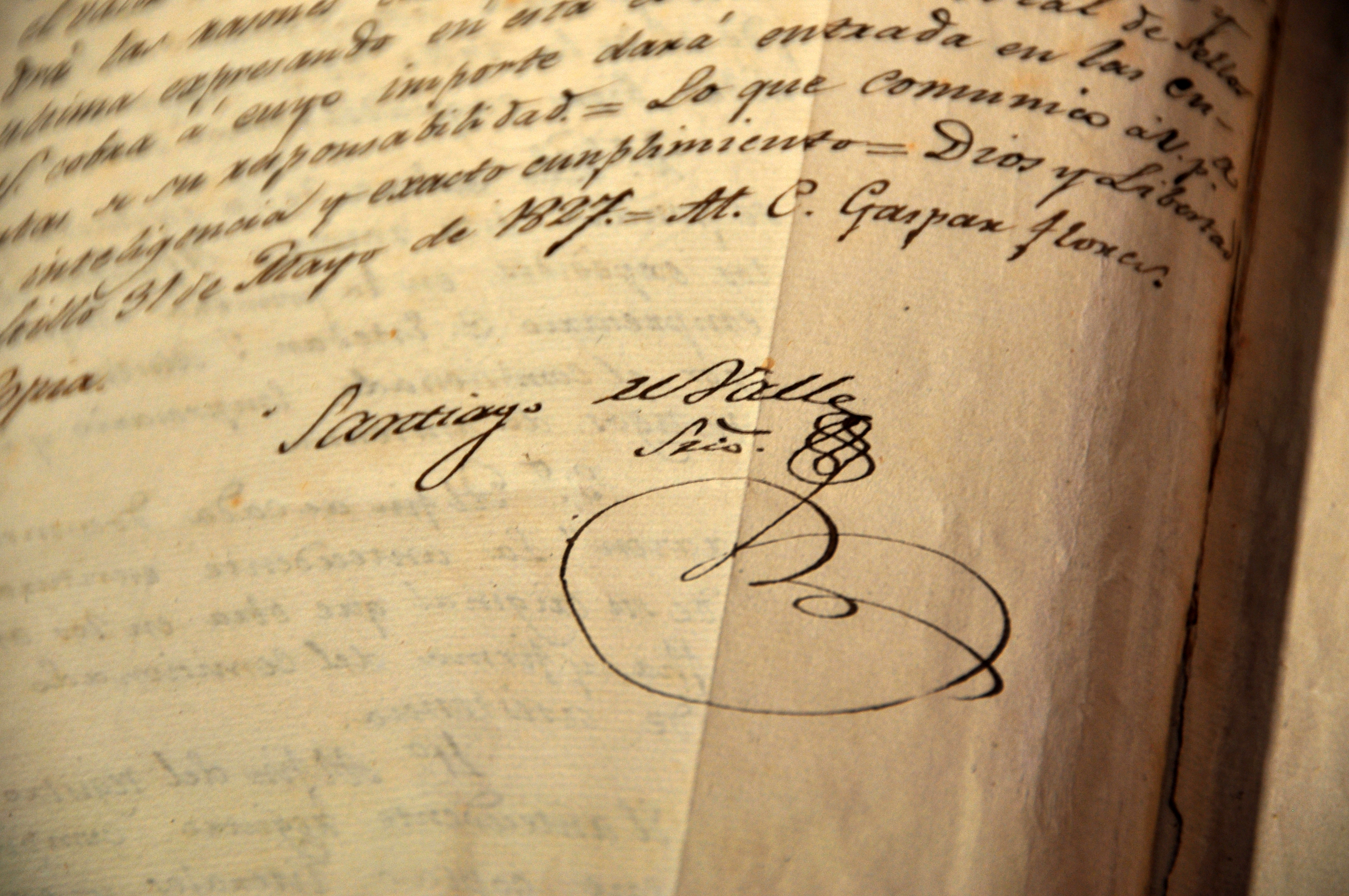County/Region:
Calhoun
Project Partner/Recipient:
Coastal Bend Bays & Estuaries Program
Summary:
County/Region:
Upper Coast
Project Partner/Recipient:
Texas A&M University at Galveston
Summary:
Texas A&M University at Galveston studied the effectiveness of different wetland restoration techniques to allow better management of this valuable coastal natural resource.
County/Region:
Matagorda
Project Partner/Recipient:
Matagorda Bay Foundation
Summary:
To construct Breakwaters and Oyster Reef to stabilize the eroding shoreline of Oliver Point.
County/Region:
Galveston
Project Partner/Recipient:
Texas Parks and Wildlife Department (TPWD)
Summary:
This project restored approximately 75 acres of inter-tidal marsh complex habitat within a 108-acre area along the north West Galveston Island shoreline adjacent to West Galveston Bay to enhance and protect existing estuarine and coastal habitats.
County/Region:
Project Partner/Recipient:
Weeks Marine, Inc
Summary:
County/Region:
Project Partner/Recipient:
Weeks Marine, Inc
Summary:
County/Region:
Project Partner/Recipient:
Weeks Marine, Inc
Summary:
County/Region:
Project Partner/Recipient:
Weeks Marine, Inc
Summary:
County/Region:
Jefferson
Project Partner/Recipient:
U.S. Fish and Wildlife Service (USFWS)
Summary:
This project restored native dune habitat approximately 2000 west of Sea Rim State Park along the McFaddin NWR Shoreline.
County/Region:
Chambers, Jefferson
Project Partner/Recipient:
Jefferson County
Summary:
This pilot project restored three miles of much needed beach and dune habitat along the McFaddin National Wildlife Refuge shoreline.
County/Region:
Project Partner/Recipient:
Gahagan and Bryan Associates
Summary:
County/Region:
Jefferson
Project Partner/Recipient:
Jefferson County
Summary:
This project nourished and restored ~17 miles of beach and dune ridge along the shoreline of the McFaddin National Wildlife Refuge shoreline from High Island to Sea Rim State Park.
County/Region:
Jefferson
Project Partner/Recipient:
Jefferson County
Summary:
This project reduced the rate of shoreline erosion and loss of the existing beach ridge to protect the fresh to intermediate marshes of the McFaddin NWR from the increasing frequency of salt water inundation.
County/Region:
Jefferson
Project Partner/Recipient:
McFaddin NWR
Summary:
This project protected the access road to the Papco oilfield by reestablishing the dune system that was destroyed by Hurricane Ike.
County/Region:
Jefferson
Project Partner/Recipient:
Ducks Unlimited, Inc.
Summary:
County/Region:
Jefferson
Project Partner/Recipient:
Ducks Unlimited, Inc.
Summary:
County/Region:
Nueces
Project Partner/Recipient:
City of Corpus Christi
Summary:
This project provided beach nourishment at McGee Beach.
County/Region:
Coastwide
Project Partner/Recipient:
University of Texas at Austin
Summary:
County/Region:
Aransas
Project Partner/Recipient:
City of Rockport
Summary:
The City of Rockport acquired approximately 20-acres of undisturbed Live Oak/Red Bay habitat with a 3-acre fresh water pond that is located to the west and to the south of the Memorial Park property line.
County/Region:
Jefferson
Project Partner/Recipient:
Texas General Land Office
Summary:
This project stabilized a 1,400 foot shoreline with a vinyl sheet-pile bulkhead at Mesquite Point.








